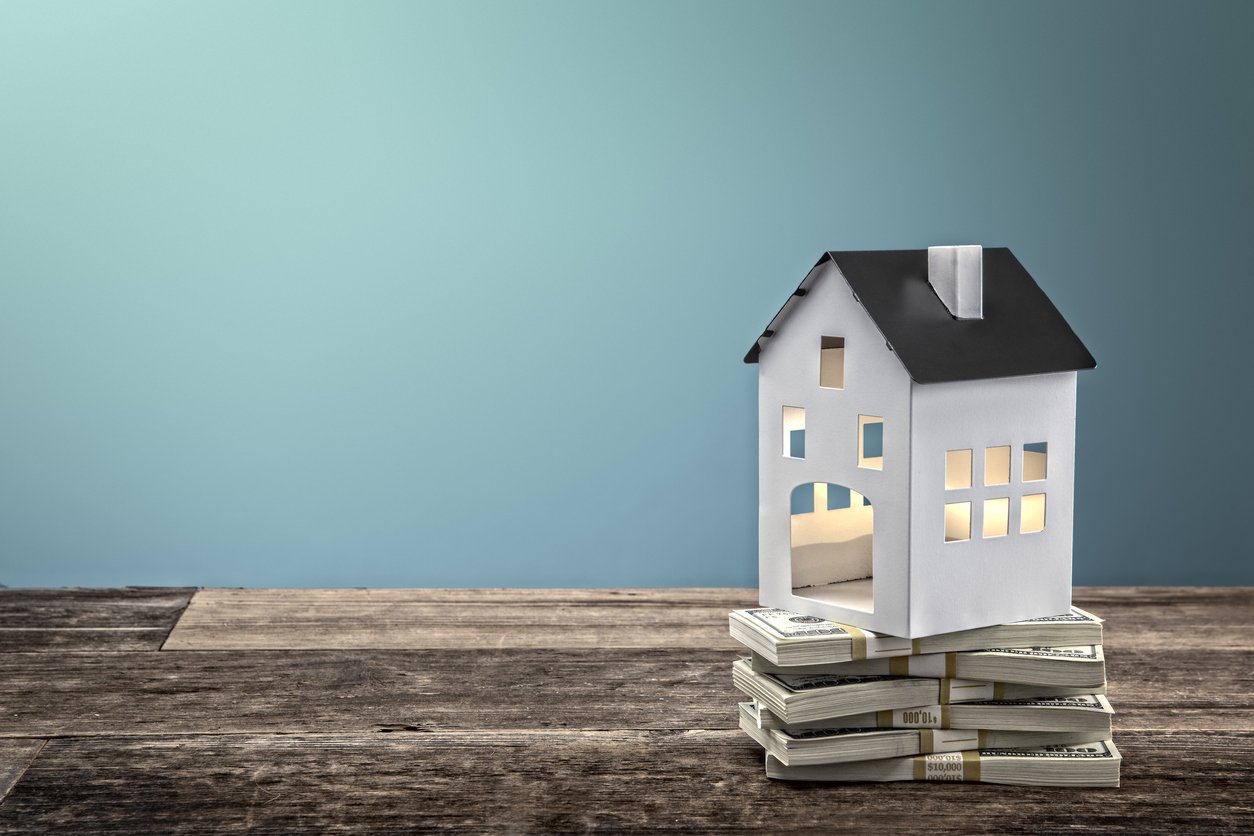Four Things to Consider Before Refinancing Your Home
Four Things to Consider Before Refinancing Your Home
By: Stacey Nickens
With interest rates near zero, many home owners are considering refinancing. Refinancing applications in the second week of March jumped to 79%. This is the largest weekly increase since November 2008. As more people choose to refinance, the Mortgage Bankers Association increased its 2020 refinance forecast to $1.2 trillion, a refinancing volume that hasn’t been seen since 2012.
However, before you choose to refinance, you should consider your answers to a couple of questions as well as the realities of refinancing.
What is your goal?
You may want to reduce your monthly payments. You may also want to reduce the length of your loan in order to save on interest payments and pay off your mortgage earlier. Some homeowners refinance to switch to a different loan, such as from an adjustable-rate mortgage to a fixed-rate mortgage. Finally, you may consider pulling equity out of your house through a refinance. Pulling equity out allows you to pay off other debt or complete projects without dipping into your savings.
Deciding why you want to refinance will help you to determine if this is the best option for you and your family. Additionally, you can determine the type and length of loan that works best for you.
When should you refinance?
A general rule of thumb is to wait to refinance until your new interest rate would be 1-2% lower than your old interest rate. You should also look at your “break-even” point. When will you recoup the closing costs associated with refinancing? If you make back that money in a year or less, now might be a great time to refinance.
Keep in mind that refinancing to a new 30-year mortgage restarts your loan and may thus increase the amount you have to pay off over the loan’s lifetime. Refinancing to a 15-year mortgage may increase your monthly payments in the short term but could decrease the amount you pay on your loan in the long term.
What are the costs?
In refinancing, you could need to pay an application fee, appraisal fee, credit report fee, attorney/legal fee, loan original fee, survey costs, taxes, title search, and title insurance. (However, some areas are currently waiving appraisals due to COVID-19.) Additionally, you may have to pay a prepayment penalty if you pay your mortgage off early.
What are the steps to refinance?
Check your credit score and history before you begin. You will need to qualify for a better rate, and your score will help determine your new rate.
Shop around for the best interest rates, loan terms, and closing costs to get the best deal. Once you’ve settled on a lender, you will submit financial documents and fill out an application. You may also need to complete a home appraisal.
Do you need help?
ELM3 can help you determine if refinancing is the best choice for you. Reach out to us, and we can come up with a plan based on your unique financial situation.







